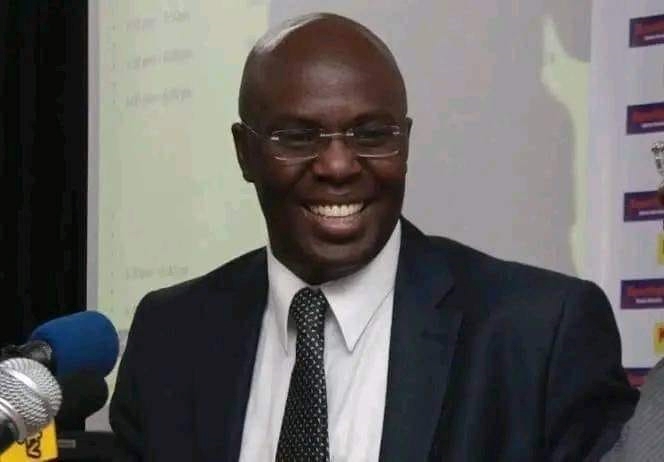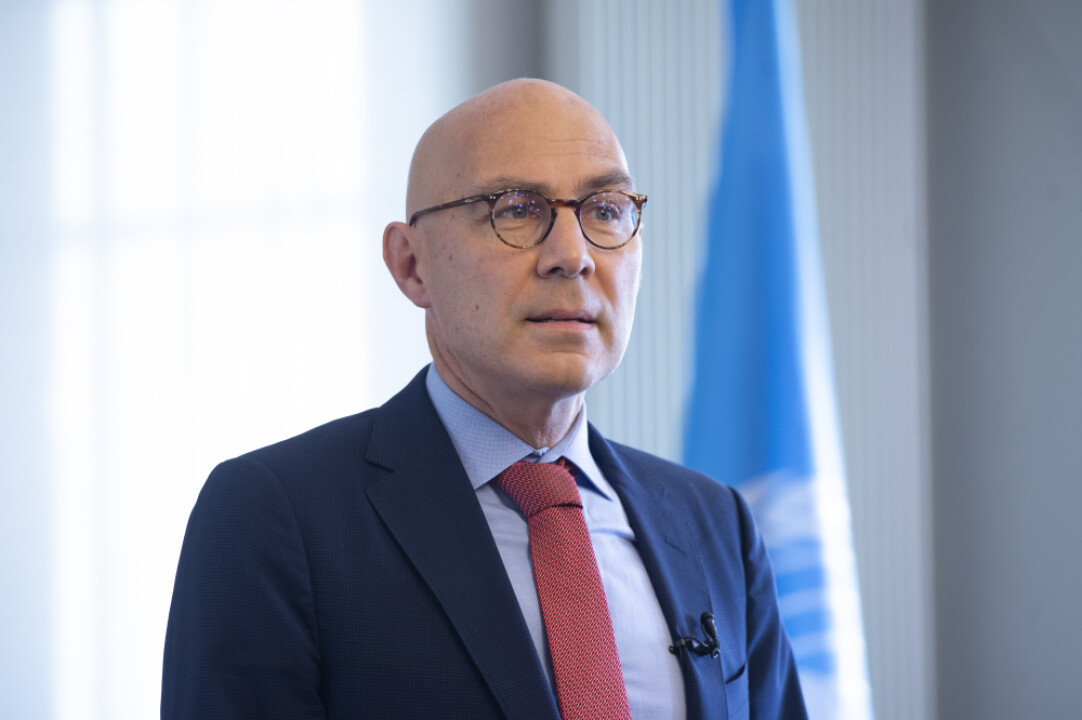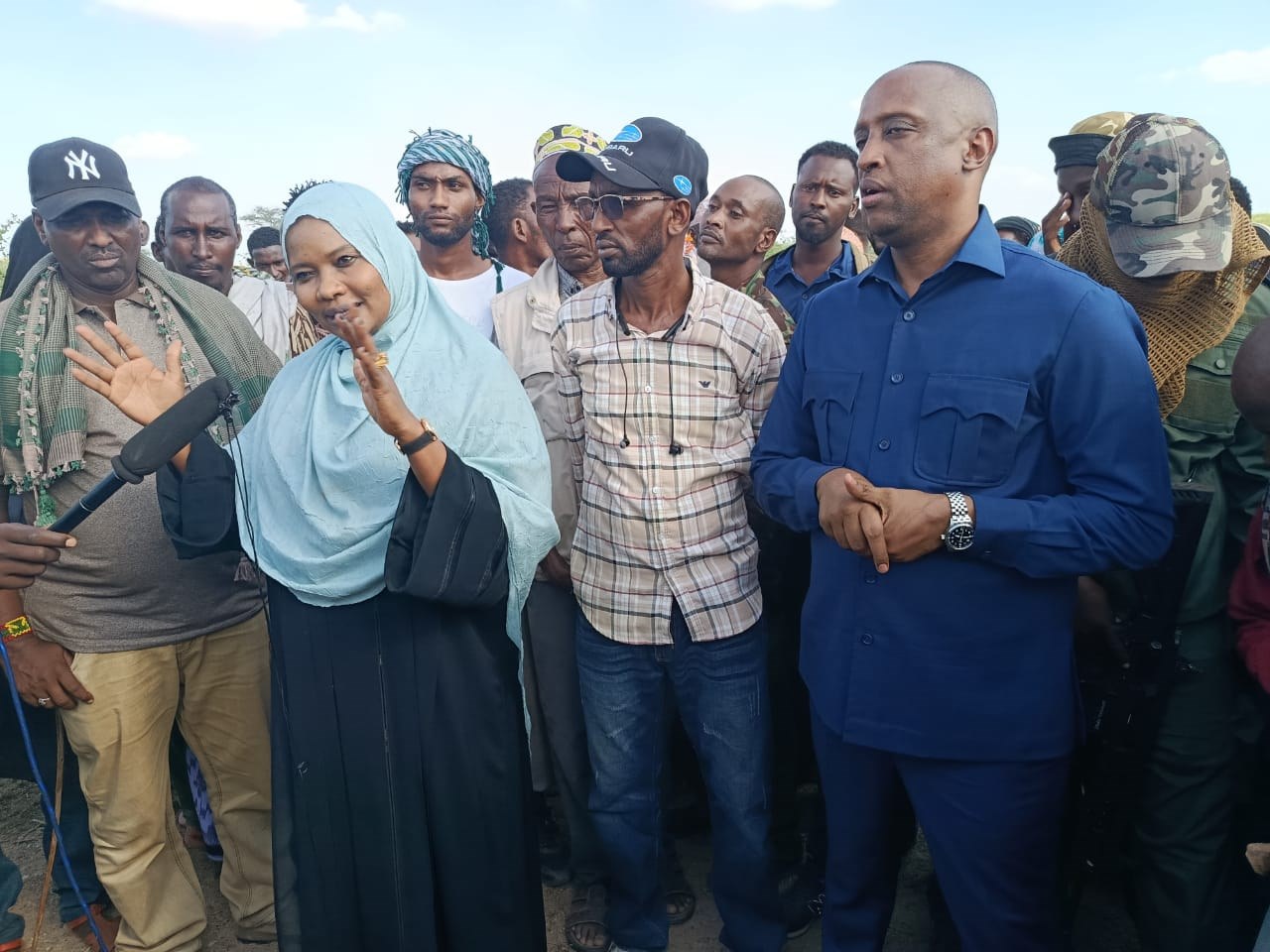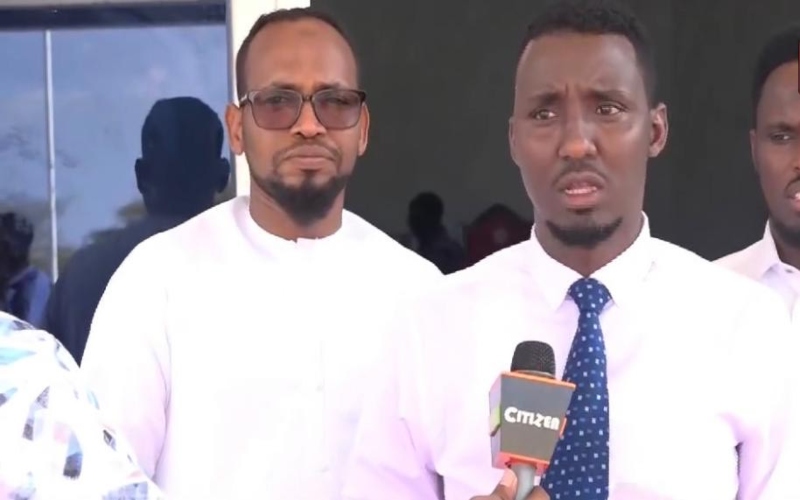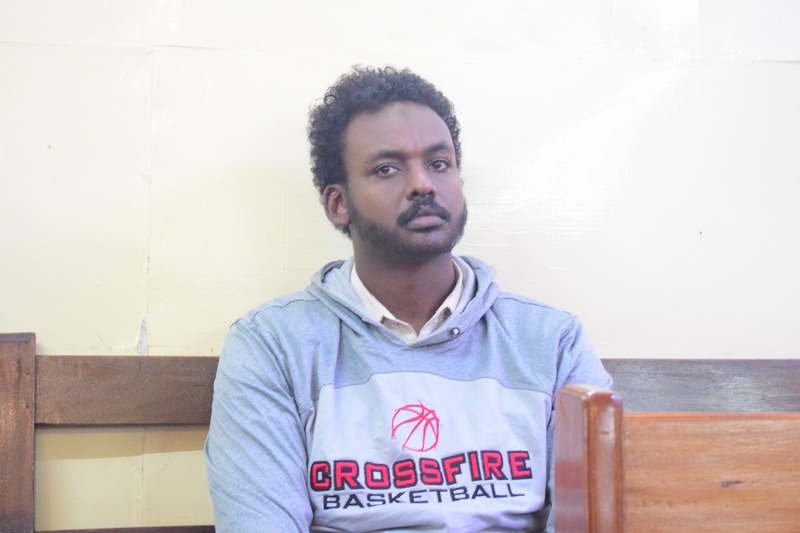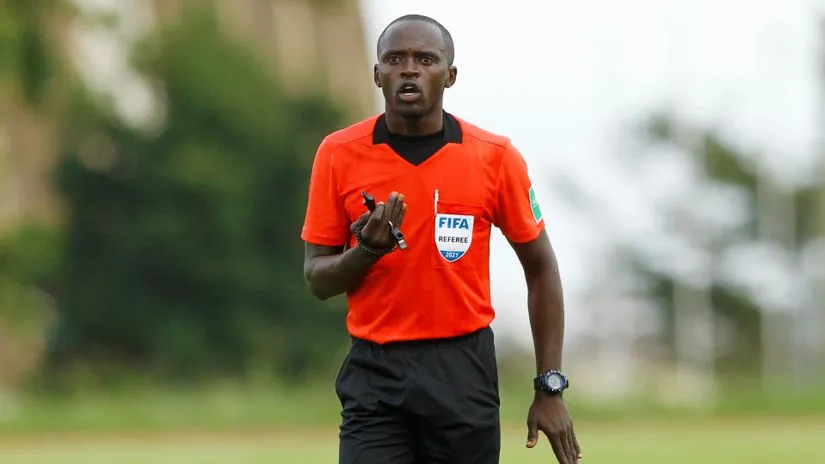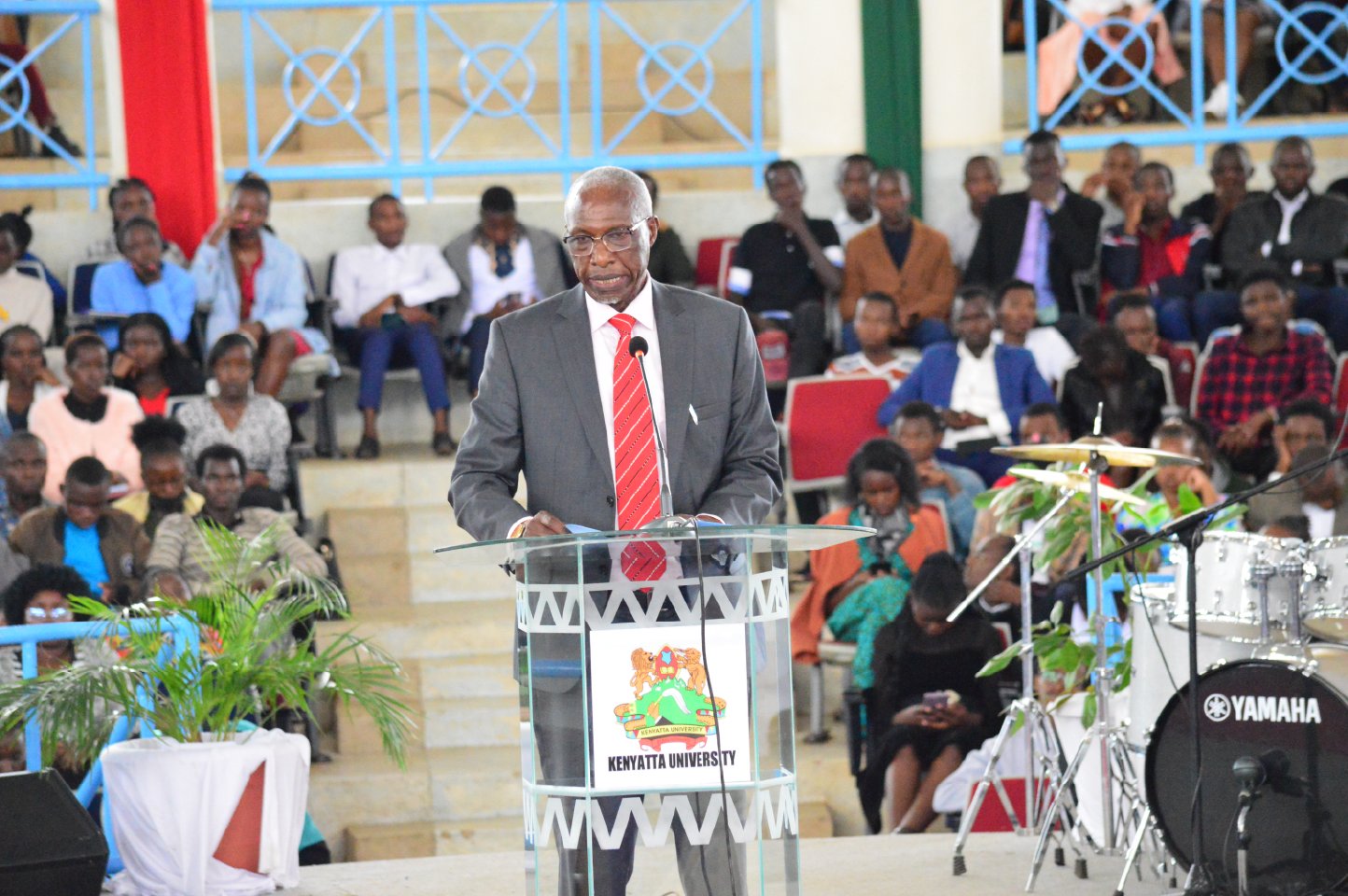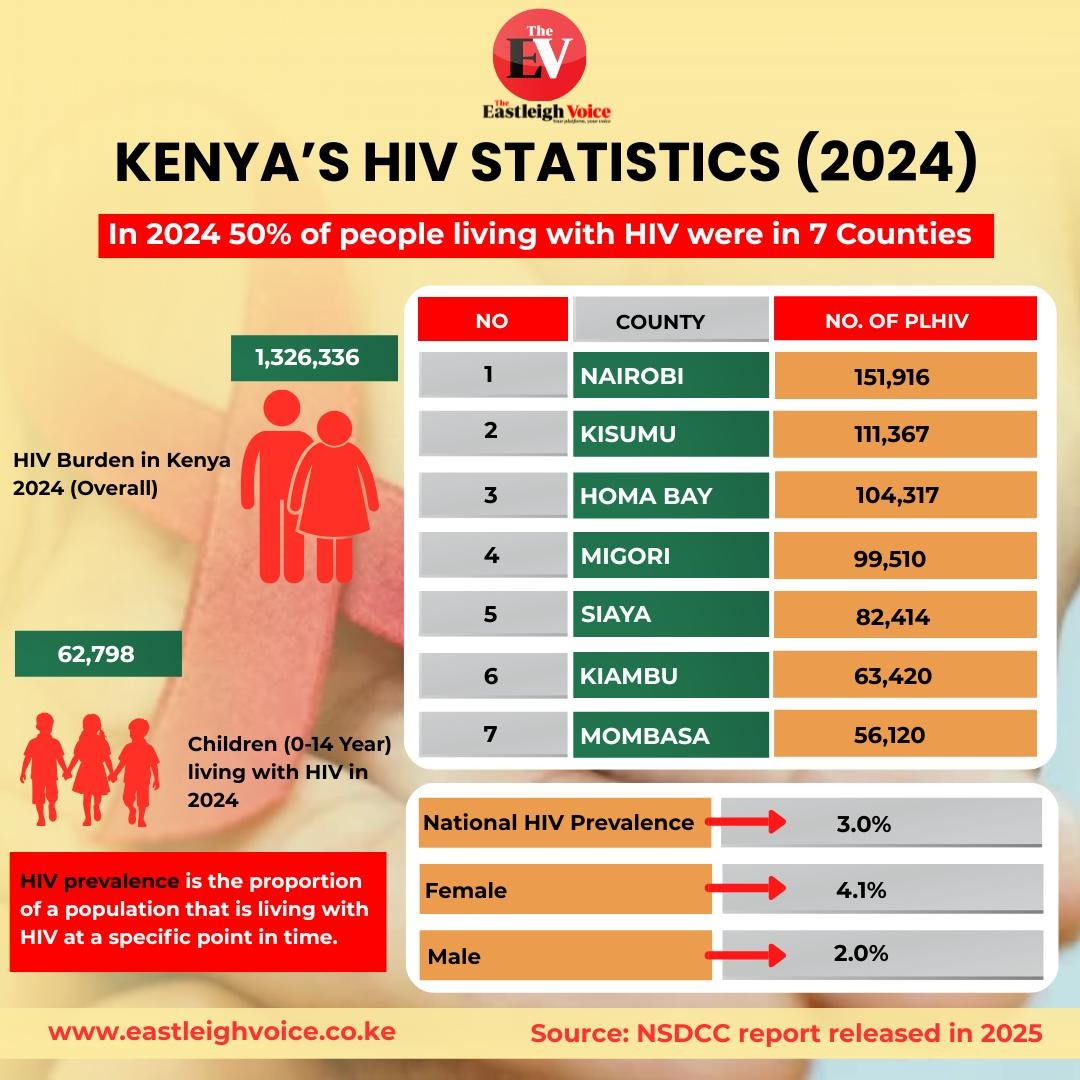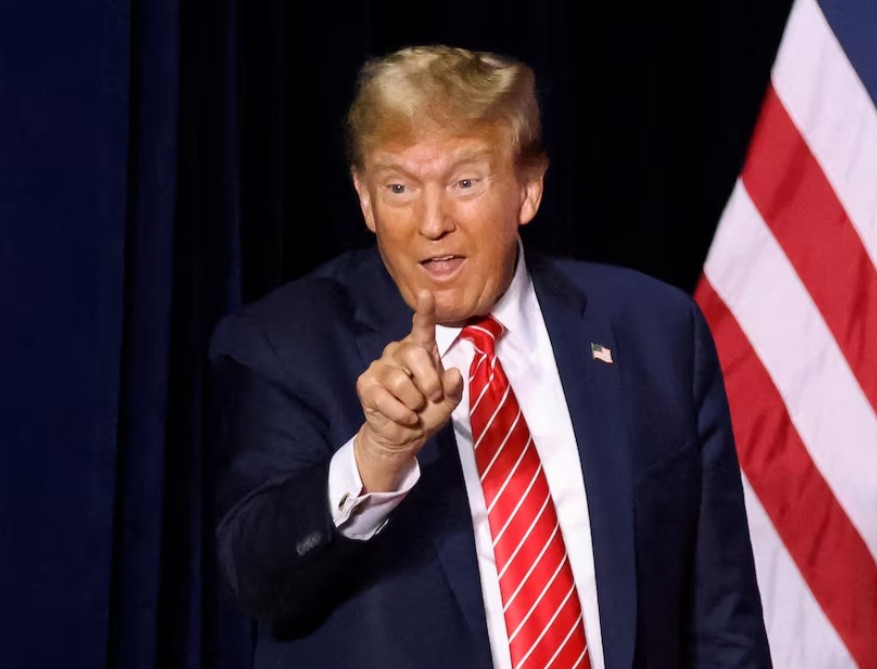Burkina Faso drops French as national language, elevates indigenous languages

Under a recently adopted constitutional amendment, the nation’s indigenous languages will now serve as official languages, while French will be retained only as a working language.
Burkina Faso has officially removed French as its national language, marking a historic shift in the country’s efforts to reclaim its cultural identity and linguistic sovereignty.
Under a recently adopted constitutional amendment, the nation’s indigenous languages will now serve as official languages, while French will be retained only as a working language.
More To Read
- Francophonie leaders meet in Kigali to advance women’s leadership
- Nigeria’s new terror threat: JNIM is spreading but it’s not too late to act
- Top 10 most used languages for web content
- Venezuela closes embassies in Norway and Australia, opens new ones in Africa amid tensions with the West
- Mali, Burkina Faso, Niger withdraw from ICC's Rome Statute
- Burkina Faso scraps visa fees for Africans
Burkina Faso military leader Ibrahim Traoré argued that continuing to use French, the language of former colonisers, is inconsistent with Burkina Faso’s independence.
“It’s illogical to keep using the language of those who exploited our resources for years as our national language. If we are truly free from French colonial rule, then an African language should be adopted and used consistently across Burkina Faso,” he said.
Burkina Faso is a linguistically diverse country, home to around 70 languages. The most widely spoken are Mooré, spoken by the Mossi people, and Dyula, with Fula, Gourmanché, and Bambara also commonly used.
By recognising these languages as official, the government hopes to make public administration, education, and media more inclusive and reflective of the population’s linguistic realities.
The move is also part of a broader regional trend among West and Central African countries seeking to reduce French influence. Neighbouring Niger, for example, has adopted Hausa as a national language, demoted French to a working language, and introduced English as an additional working language.
Along with Niger and Mali, Burkina Faso withdrew from the International Organisation of Francophone Nations (OIF), citing concerns that the organisation has strayed from its mission of promoting cultural and technical cooperation and has become a tool for political manipulation.
The constitutional amendment, enacted by President Ibrahim Traoré's government, redefines the linguistic landscape of Burkina Faso.
President Traoré's administration views this linguistic reform as a crucial aspect of Burkina Faso's post-colonial identity.
By prioritising indigenous languages, the government aims to foster greater inclusivity and national unity. The move is expected to influence various sectors, including education, media, and public administration, aligning more closely with the linguistic realities of the Burkinabè population.
Top Stories Today
